Many business owner’s and managers frequently wonder what goes in to their General Liability Insurance Rate for their small business. Many compare their costs with fellow business owners or friends and family who run other businesses. Depending upon your industry, this may cause some shock when they find out how much more they pay than other businesses in different industries. Every state and every insurance company determines their own way to determine your businesses General Liability Insurance Rate. There is not one set in stone way to determine how much to charge for coverage. There are three main factors that weigh heavily on what you pay for General Liability Coverage: The size, the class code and the loss history of your business.

The size of your business
For most businesses this is the physical dimensions of your property times a number determined by your classification code. The condition and age of your property mean a lot for this rate as well. Underwriters will examine the age and complexity of the construction. Whether the building is up to code means a lot to the insurer. Generally, newer construction lowers your rate, while older construction tends to raise your businesses General Liability Insurance Rate.
Class Code
General Liability Insurance Class Codes are determined by the activities your business partakes in. In order for this to be accurate, it is important to be honest with your agent about everything your business does and does not do on a daily basis. You can understand the differences in risk from a accounting office compared to a rooking business. Even small differences in a business can have an effect on your class code.
Take for instance commercial versus residential cleaning businesses. Commercial cleaning businesses typically have employees who drive to one location, clean the building and go home. A residential cleaning business typically has employees who are going to more than one residence throughout the day. These employees are driving to and from each residence. While driving between locations, the business is liable for any accidents that occur. This elevates the risk for covering this business and will in turn cost more. This is why it is very important for you to speak long and honestly with your agent in order to be placed in the proper class code.
Loss History
The final factor that impacts your general liability insurance rate is your businesses loss history. This depends upon the industry and the operations of your business. For some industries, it is common to have many small accidents. A restaurant is be a good example of a business that might have a lot of small occurrences. This is because the frequency and amount of customers coming in and out of the restaurant. Slips, trips and falls are common in these industries. If your business tends to have a larger amount or more severe incidents during a recent year, it may cause your rate on premium to go up. Another thing to consider if you have had some claims in the recent past is what type of formal safety program does your business have in place. If you have a well documented safety program in place, your agent may be able to explain some incidents as freak occurrences and not a sign of an underlying problem that makes your business more of a risk.
There are several other factors that go in to what you pay for your General Liability Insurance Rate, but the size of your business, your class code and your loss history are the main factors that determine what you pay. Staying on top of these three factors can go a long way towards preventing your business from paying too much for General Liability Insurance.


 This statement is not true. If you are using your car for business purposes, it is not completely covered under your personal insurance policy. The personal insurance policy will pay to cover the damages to your car, but it will not cover your liability to third parties. That liability falls on the shoulders of the business. For that reason, you will need to secure either a commercial auto policy or a hired and non owned auto policy.
This statement is not true. If you are using your car for business purposes, it is not completely covered under your personal insurance policy. The personal insurance policy will pay to cover the damages to your car, but it will not cover your liability to third parties. That liability falls on the shoulders of the business. For that reason, you will need to secure either a commercial auto policy or a hired and non owned auto policy.
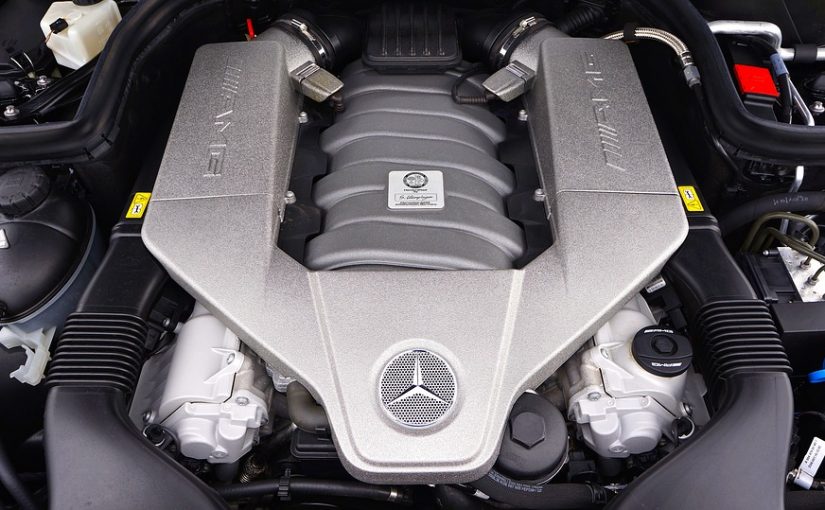



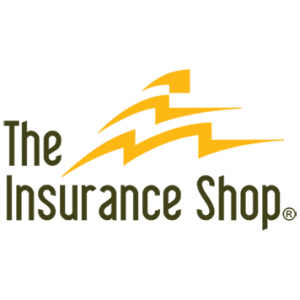 My Insurance Question is a creation of
My Insurance Question is a creation of 
 A lot of insurance carriers have restricted coverage for non-profit and charitable organizations due to a large amount of historical claims and their potential exposure from volunteers serving these organizations. A few carriers have taken a different approach to non-profits and created programs designed specifically to the unique needs of these businesses. Below is a list of six coverages most non-profits will need.
A lot of insurance carriers have restricted coverage for non-profit and charitable organizations due to a large amount of historical claims and their potential exposure from volunteers serving these organizations. A few carriers have taken a different approach to non-profits and created programs designed specifically to the unique needs of these businesses. Below is a list of six coverages most non-profits will need.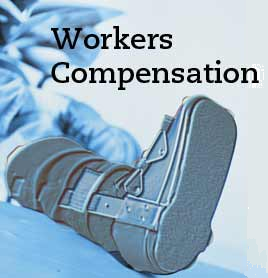
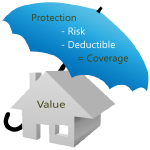
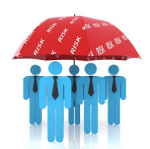 Owners and Officers Coverage is for defense costs and damages (awards and settlements) arising out of wrongful act allegations and lawsuits brought against an organization’s board of directors and/or officers. Securing this coverage allows your officers to sit on your board and comfortably know they are not going to be liable for the actions of the organization.
Owners and Officers Coverage is for defense costs and damages (awards and settlements) arising out of wrongful act allegations and lawsuits brought against an organization’s board of directors and/or officers. Securing this coverage allows your officers to sit on your board and comfortably know they are not going to be liable for the actions of the organization.